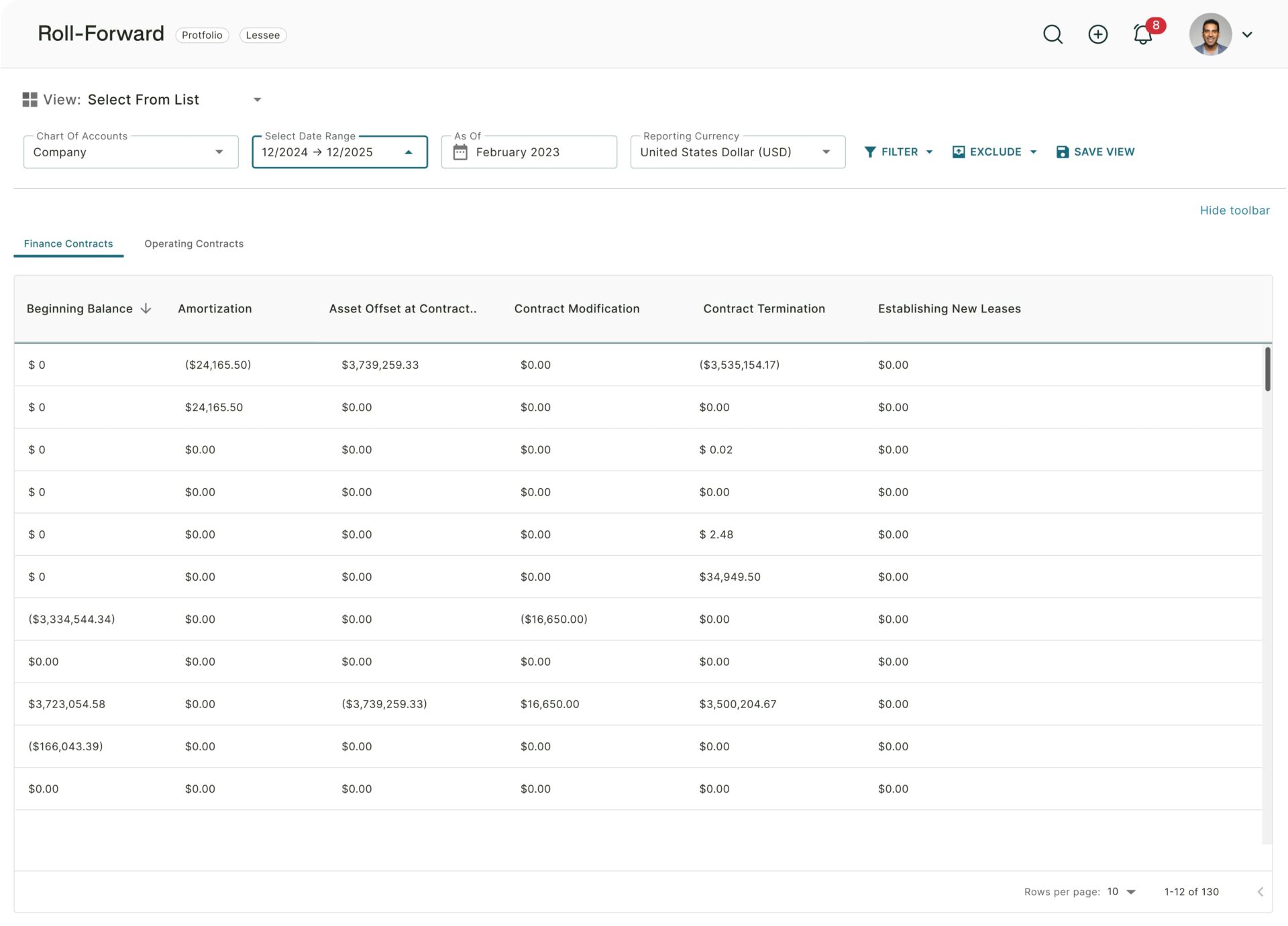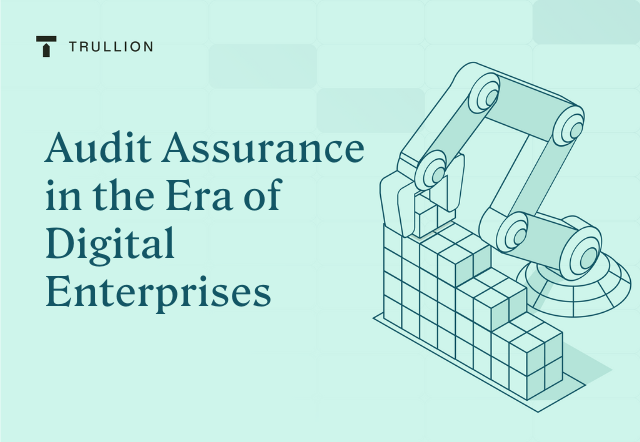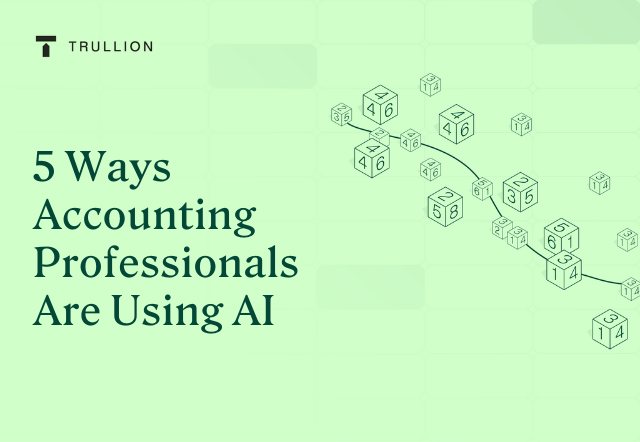The digital era has revolutionized how enterprises operate, upending traditional conceptions of everything from internal processes to strategic risks. This fundamental shift has enabled forward-thinking businesses and audit firms to leap ahead of rivals, positioning themselves to leverage this sea-change in creating a sustainable long-term advantage.
We’ll explore the evolving nature of audit assurance in the digital age, highlighting the central role that AI will play as we look at risk, strategy, compliance, and the potential future of audit assurance as technology rapidly progresses.
The Evolving Landscape of Audit Assurance
The advent of digital enterprises has brought about a number of new challenges for auditors.
Let’s take the retail industry as an example.
Traditionally, retail businesses operated through brick-and-mortar stores. Audit assurance in this context focused on physical inventory counts, cash register reconciliations, and the verification of sales and purchase records. Auditors would physically visit these locations to inspect inventory, review paper records, and conduct face-to-face interviews with employees.
With the emergence of e-commerce, retailers expanded their operations to the digital world. This shift has had several implications:
Digital transactions: Sales and purchases are now conducted online, generating electronic records. Auditors must adapt to audit these digital transaction logs, requiring proficiency in digital data analysis and advanced analytical techniques.
Global reach and complexity: E-commerce enables retailers to reach a global customer base and manage a complex network of suppliers. Auditors must now consider international regulations, currency exchange risks, and cross-border tax implications.
Data volume and variety: The volume of data generated by online transactions is immense. Manually sampling such data becomes extremely difficult, if not impossible, and of questionable value.
Cybersecurity and data privacy: With the storage and processing of large amounts of customer data, auditors must now assess the risks and controls around data security and privacy, a field that was less critical in traditional retail auditing. A cyber attack can have a major, if not terminal effect on a business – a risk which needs to be taken into account.
While this is just one example, it is indicative of the need to fundamentally change the approach to audit assurance. Auditors now require skills in digital data analysis, AI and machine learning, an understanding of cybersecurity, and a familiarity with the legal and regulatory landscape of digital enterprises.
Adapting Audit Practices for the Digital Age
Traditional audit methodologies are undergoing significant modifications to address these new challenges. This adaptation involves not only acquiring new IT skills but also rethinking the audit process itself. For instance, automation has become more prevalent, particularly in the context of an increasingly complex and dynamic business environment.
Key strategies for finance teams, auditors and audit firms to consider include:
- Digital literacy: Auditors need to become proficient in understanding the latest digital platforms and systems.
- Data analytics skills: Developing skills in data analytics is crucial for processing and interpreting the large volumes of data generated by digital enterprises.
- Risk assessment models: Traditional risk assessment models should be adapted to include risks specific to digital operations, such as cyber threats and digital asset management.
- Cross-disciplinary teams: Forming teams with diverse expertise, including IT professionals, data scientists, and legal experts, can provide a holistic approach to auditing digital enterprises.
- Client education and communication: Auditors should educate their clients about digital risks and the importance of robust digital controls. Clear communication regarding the changes in audit processes is also vital.
- Use of digital tools: Leveraging digital tools for effective modern auditing, such as AI-powered automated accounting software and audit solutions, can increase the efficiency and results of audits.
- Remote data access and analysis: Developing capabilities to enable real-time access for key stakeholders and to remotely analyze client data can reduce the need for physical presence and streamline the audit process.
- Keeping abreast of technological developments: Continuously monitoring and integrating new technological developments can help auditors stay relevant in the rapidly evolving digital landscape.
- Agile audit processes: Adopting agile methodologies in audit processes allows for more flexibility and responsiveness to the dynamic nature of digital enterprises.
- Understanding global regulatory environments: Digital enterprises often operate globally, requiring auditors to have an understanding of international regulatory environments and compliance requirements.
By adopting these practices, auditors can more effectively navigate the complexities of the digital era. These adaptations are about incorporating new tools and technologies, and also about a fundamental shift in mindset, approach, and skillset.
The Pivotal Role of AI in Audit Assurance
AI is playing a transformative role in audit assurance. By automating data processing and analysis, AI enables auditors to efficiently handle large datasets, and highlight anomalies and patterns that might be indicative of issues such as fraud or financial misstatement.
Consider a scenario where an AI system analyzes a company’s procurement data and identifies irregularities in vendor payments. This detection might uncover a fraudulent scheme where payments are being siphoned off to a fictitious vendor, something that could easily be missed in a manual audit process.
Beyond data analysis, AI contributes to reducing human error and increasing the speed of the audit process. These improvements can enhance the accuracy of audit findings as well as enabling auditors to cover a wider scope within the same timeframe, thereby increasing the overall efficiency of the audit process.
Compliance in the Age of Digital Enterprises
As digital transactions become more commonplace, auditors must stay abreast of the evolving regulatory environment. This requires a deep understanding of existing regulations as well as an awareness of emerging trends and changes in compliance requirements.
Great resources for staying informed of the latest trends include:
- International Auditing and Assurance Standards Board (IAASB)
- American Institute of Certified Public Accountants (AICPA)
- Association of Chartered Certified Accountants (ACCA)
- Securities and Exchange Commission (SEC)
- Financial Reporting Council (FRC)
- The Journal of Accountancy
- Accounting Today
- Public Company Accounting Oversight Board (PCAOB): PCAOB)
- International Federation of Accountants (IFAC)
These resources provide a wealth of information ranging from international standards and regulatory updates to industry news and professional development opportunities.
Envisioning the Future of Audit Assurance
Looking ahead, the integration of technologies like generative AI, machine learning and automation is likely to have a significant impact on audit assurance. For example, these technologies are already being used in:
- Automated report generation: Leading solutions can already automate the production of audit reports, drafting narratives based on data analysis and audit findings.
- Scenario modeling: Used to create complex financial models, helping auditors to predict potential future scenarios and assess risks more effectively.
- Enhanced fraud detection: By generating simulations of potential fraud scenarios, generative AI can help auditors identify and understand new types of fraudulent activities.
- Predictive analysis: Machine learning algorithms can analyze historical data to identify trends and patterns, predicting areas of risk and concern before they become problematic.
- Tailored audit processes: Machine learning can help in customizing audit procedures based on the specific characteristics and risk profiles of individual clients, making audits more efficient and effective.
- Streamlining routine tasks: Automation can handle repetitive, routine tasks in the audit process, such as data entry and basic compliance checks, freeing up auditors to focus on more complex aspects.
- Enhanced data processing: With the ability to process vast amounts of data rapidly, automation technologies can significantly enhance the scope and depth of audits.
The Evolving Role of Auditors in the Era of Digital Enterprises
In the future, in addition to being effective in their fundamental role of ensuring the ongoing trust in financial reporting, auditors may find themselves taking on more consultative roles, advising businesses on how to manage risks and maintain compliance in a rapidly changing digital environment.
The digital era has ushered in a new paradigm for audit assurance. Auditors must now navigate a landscape marked by sophisticated technologies, emerging risks, and evolving regulatory standards.
Embracing AI, adapting to new challenges, and ensuring compliance are essential for auditors to remain effective in this dynamic environment. As technology continues to evolve, the auditing profession will need to keep pace, continuously updating its practices and methodologies to provide effective assurance.
For audit professionals, being on the side of technology as the era of digital enterprises evolves is critical to survive and thrive in this new environment. Trullion is your partner when it comes to integrating the latest technology to fully unlock your audit potential.
To learn more, reach out to the Trullion team today.










